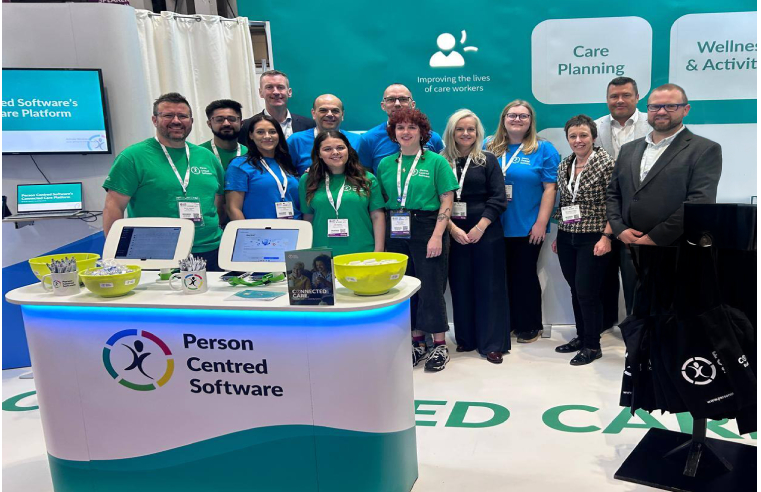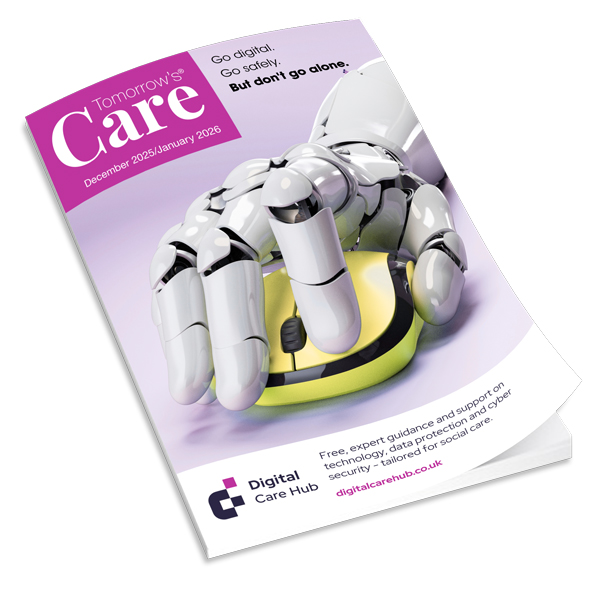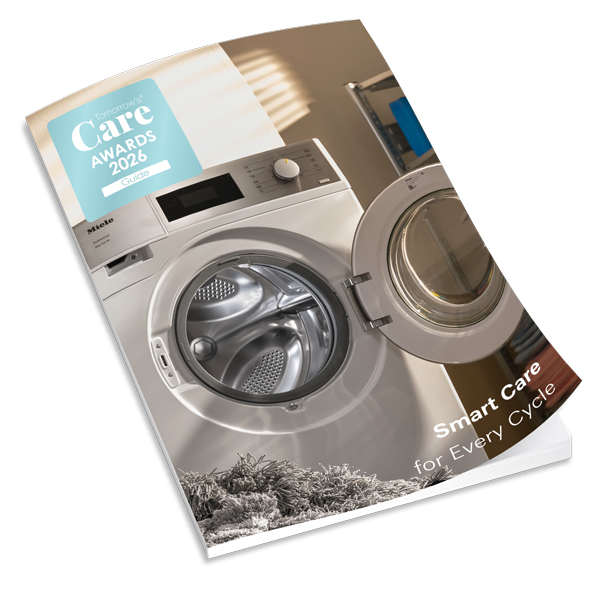A new, independent survey commissioned by P2P (Procure-to-Pay) technology firm Zupa, has revealed inconsistencies amongst care home managers in relation to the role of technology in UK care homes. While more than three in five care home staff believe new technology would reduce admin volume and 63% say it would make the running of their care home easier, cost is a prohibiting factor in the uptake with 52% of care homes believing new technology is too expensive.
A further 38% of care home managers said they don’t have the expertise in-house to effectively introduce new technology within their teams and that onboarding and training staff to use new systems was also a barrier. One fifth of care homes also cited that new technology doesn’t fit with their culture.
Recent research across hundreds of UK care homes highlighted that staff happiness, productivity and aspects of resident care quality are being regularly side lined due to outdated process and lack of resource, but misconceptions around whether technology is a help or a hindrance to care home staff, is still proving a challenge.
Ollie Brand, CEO at Zupa commented: “We know from previous research that care home staff are often overstretched, underpaid and in many cases unhappy. We also know that care professionals are keen to have more time back in their day in order to improve job satisfaction, morale and delivery of care. Recognition that the right technology can help, is critical to creating positive change across the sector but despite this, many care homes are still failing to make the connection between outdated processes and the key concerns raised by care workers today.”
There are mixed views across UK care homes around introducing new technology as a means to improving day to day processes, with a quarter saying implementing new technology is not a priority; in contrast, over a third (38%) disagreed with this statement.
Brand added: “Interestingly this latest study has uncovered several misconceptions around the implementation of technology in care homes, and there are contradictory themes within the research which may suggest a knowledge gap around how technology can help staff as well as a failure to link some of the key concerns raised, with technology as a resolution.
“Can technology improve staff happiness by reducing admin and giving them back more time in their day? Can or will that in turn improve productivity and allow care workers to spend more time on delivery of care? With the care sector in such crisis there is a call for a new way of working and these are the questions care homes need to be asking.”





















